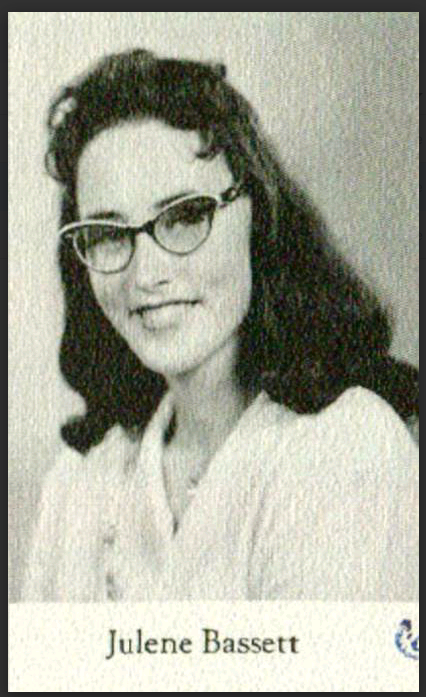Two Trains and a Dream
Et in Arcadia Ego.
Virgil
 |
| ("And I (death) am even in Arcadia." "Arcadia" is another word for a pastoral paradise.) |
The ways of God are unknowable to man.
Saint Augustine
The bow of God's wrath is bent,
and justice bends the arrow at your heart.
and justice bends the arrow at your heart.
Jonathan Edwards
All the minds and spirits God ever sent into the world
are susceptible
of enlargement and improvement.
are susceptible
of enlargement and improvement.
Joseph Smith
Pulled out of Green River, Wyoming, heading
West toward Salt Lake City. The Mormon prophet,
Joseph F. Smith, was going home from a visit
to Boston, with his traveling companion.
He saw the flash of white butts as a herd
Of antelope, coming in from the north, turned
Away from the train and bounced through the sage,
And he thought how sixty years before, aged twelve, he had
Watched such plenitude of beasts on this same route,
Then on a wagon seat next to his mother
As she managed their team on the pioneer trek
After his father, Hyrum, was shot
With Joseph at Carthage. The car was hot,
So he walked to the back, out onto
A polished wood platform with a wrought iron rail—
And heard a voice say, “Go in and sit down.”
He turned back but then stopped, wondering if he had
Imagined the voice, when it came again: “Sit down.”
Just as he reached his seat, the train hit
A broken rail and the engine and most
Of the cars (not his) went off the tracks.
The companion later wrote that the prophet
Would have been badly hurt if he hadn't sat down,
Because all of the cars were “jammed up bad.”
Boston, leaving Providence, Rhode Island,
Struck Julia Toledo, from a
Mormon family in Ecuador
And her four sons, walking on the tracks.
All were killed instantly, except Jose, ten,
Who died in two days. They had just left a
Transition shelter where they stuffed their packs
With clothes, coloring books, tiny dolls—all found
Along the tracks, with shoes, torn packs, a bloody
Bible. Julia had led them through a break
In the fence for a shortcut to someplace,
Fleeing, some said, an abusive husband
Who had tried to steal his sons. But he,
Located in Ecuador, heart-broken, said no,
There was trouble with his in-laws because he was
Still Catholic. Others said it was
Julia's sister, tired of baby-sitting,
Had driven them out to homelessness.
They had climbed a short trail up the traprock
Of the railbed, walked two miles before Jose
Got separated, to the north side.
Julia, carrying Pedro, pulling Angel
And Carlos, was just lunging across
To reach him when the train struck them all.
As I tell him these stories and ask him,
“Which of these trains, children, was in your hands?”
We are both seated, quite comfortably,
On a green satin French provincial
Couch, in a room painted by Watteau—
The transition room in Kubrick's 2001.
God asks me if I am proud or rebellious.
I notice that he is luminous under his robe,
And his face is serene beyond all description,
His skin young, downy, but full of pores.
I can see small white scars across his forehead.
Then tears gather in his eyes, and slowly
Tears begin to drop like blood from every pore.
I ask again, “Which train is on your hands?”
And he sets his face toward me like flint: “Both. All.”
EUGENE ENGLAND
JANUARY 2000
© 2010 Eugene England Foundation. All rights reserved.




Comments
Post a Comment
I love to collect thoughts. I would love to collect some of yours, if they are mindful and respectable.